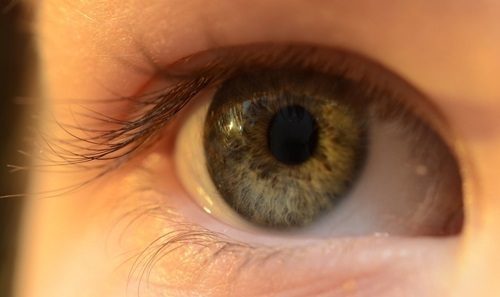Eye care is an essential part of our everyday lives; if a problem is allowed to develop it may become worse, or even untreatable, before you know it. Therefore when you, or your children, have an issue with your vision or eye health you need to know that it will be diagnosed and corrected, immediately. But what of the costs involved? Eye exams, correctional procedures and eyewear, such as glasses, are a snowballing expenditure that seemingly never ends – particularly if you have more than one family member needing eye care products. Is there a cheaper way to look after your family’s eye health?

The answer is yes, if you know where to start. All About Vision is a great resource for those concerned about their eye care, with information on every option, details of discounts, and fact sheets regarding the types of issue you may encounter. In the meantime, here are a few hints for keeping the costs down when it comes to purchasing eyewear…
Younger family members
Maintaining eye health is especially important in children, as their vision hasn’t yet stabilized. This means that they’re likely to encounter far more changes, and need more exams and new pairs of glasses, than an adult usually would. Firstly check out your insurance, or consider covering your whole family, as this can reduce the cost of check ups, and protect your child’s glasses against accidental damage. It’s also worth investigating whether you’re considered a low-income household or not, and explore the idea of a flexible spending account, which would allow you to spread the costs of eye exams and treatments over longer periods. If you’re entitled to any help at all you should accept it; these are expensive times, after all. Most importantly, shop around; you’re not obliged to fulfill your prescription at the same surgery or store that you had your eye exam, so have a good look at budget retailers online – as long as they come recommended, and with good customer service reviews.
Whilst contact lenses could, theoretically, be worn by children of any age – including babies – standard practice seems to suggest around eight years of age; essentially once a child is old enough to be responsible for their own eye care. If your child is old enough to give them a go, lenses can work out cheaper than glasses – plus, they don’t tend to break as easily.
Teenagers and adults
The great news is that teenagers and older individuals can do a lot to reduce their long-term eye care costs, particularly if open to the suggestion of lenses and laser surgery. Now is also the time to see what benefits you’re entitled to as an adult. Don’t be afraid to ask your employer, or enquire at any of the organizations you’re a member of; do they offer discount vouchers, payment plans, or tax incentives that would reduce the costs of eye care? Some careers that require you to use a computer for long periods, or could be considered taxing on the eyes, will often receive free eye exams, so it’s well worth finding out.
Okay, so glasses and contact lenses are all very well but they still incur maintenance and replacement costs, sometimes more than once a year if you’re not careful. Laser surgery, which becomes an option once your kids reach eighteen years of age, is a more permanent solution to vision problems, as well as all manner of disorders and diseases, and can work out much cheaper than glasses or lenses if you look at the bigger picture. Blade Free LASIK in Montgomery is more popular than ever before, offering a long-term treatment for those with failing eyesight and eye health. As with any eye treatment, though, you must be sure to conduct your research thoroughly and only approach reputable practitioners. Sure, they won’t always be the cheapest, but you’ll be in safe hands.
Your eyes matter and, while keeping appointments and paying for eyewear can be costly for the whole family, it’s never been more important to seek treatment should you need it.
Image source: Pexels.com





